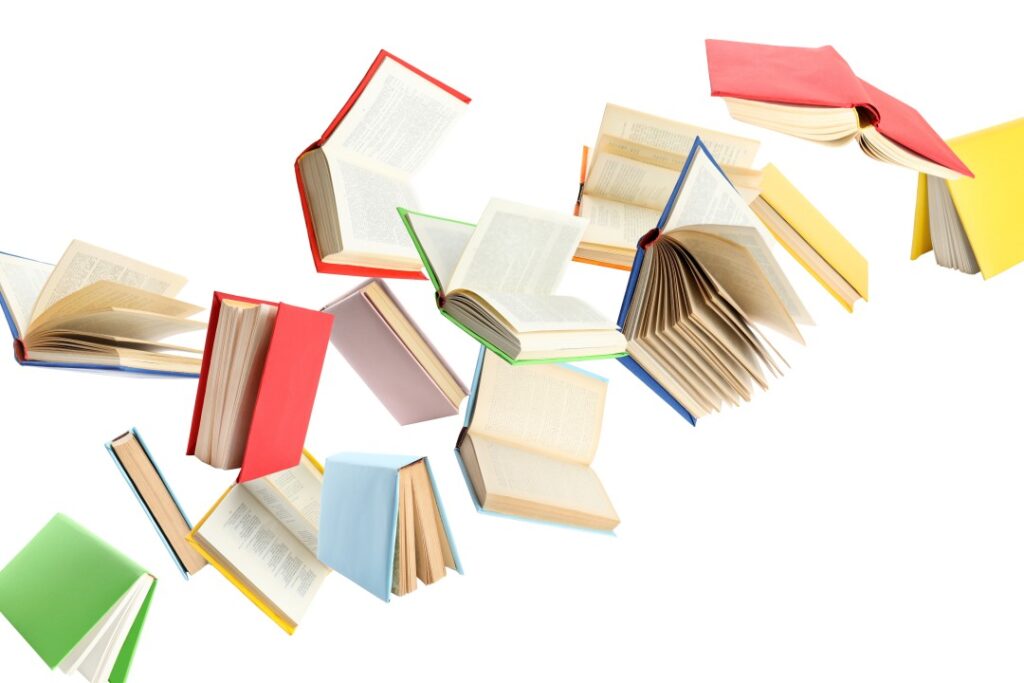
Pari’s Paperback Picks for January
I like to think of myself as a connector. I make a real effort to connect people to resources that will speak to them wherever they are. Whether that is books, other people, courses, or techniques that could help them flourish, I want to find small ways to make situations a little bit better.
With that in mind, I am going to share some of the books I recommend on a regular basis to clients, workshop participants, and friends. Take a peek below and see if there is anything that could bring you value in Pari’s Paperback Picks.
1 “The Coaching Habit: Say Less, Ask More & Change the Way You Lead Forever” by Michael Bungay Stanier. I stumbled on this book at an airport bookstore when a missed connection gave me the opportunity to settle in with a good book. I have to admit one reason I love this book was that while my layover was 4 hours, it didn’t take me 4 hours to finish the book. It is clear, concise, and definitely has more than 4 hours worth of great coaching advice for managers and leaders at all levels of the organization. The first page of the book simply says in large, bolded print, “Harlan Howard said that every great country song has three chords and the truth. This book gives you seven questions and the tools to make them an everyday way to work less hard and have more impact.” I think that says it all.
2 “The Happiness Advantage” by Shawn Achor. I bought this book after running across one of the all-time most watched Ted Talks by the same name. It had me laughing out loud in my cubicle and provided me with an introduction to the business impact of positive emotions. I have to say, this book changed and helped to shape the trajectory of my career.
3 This next one I haven’t had a chance to recommend very often because I just finished it, but I have a feeling that it is going to start coming up a lot in my conversations. “Self Compassion” by Kristin Neff, PH.D. Dr. Neff talks about how self-compassion can be a more effective path than self-esteem for people who are fighting that inner critic. Not only does she give practical explanations for how to cultivate self-compassion she provides a link to accompanying exercises and resources on her website. One connection she makes in the book I wasn’t expecting was how self-compassion relates directly to emotional intelligence. So, if you are thinking this book sounds too soft, I would disagree. It does go to some vulnerable places, but includes the science to back it up.

